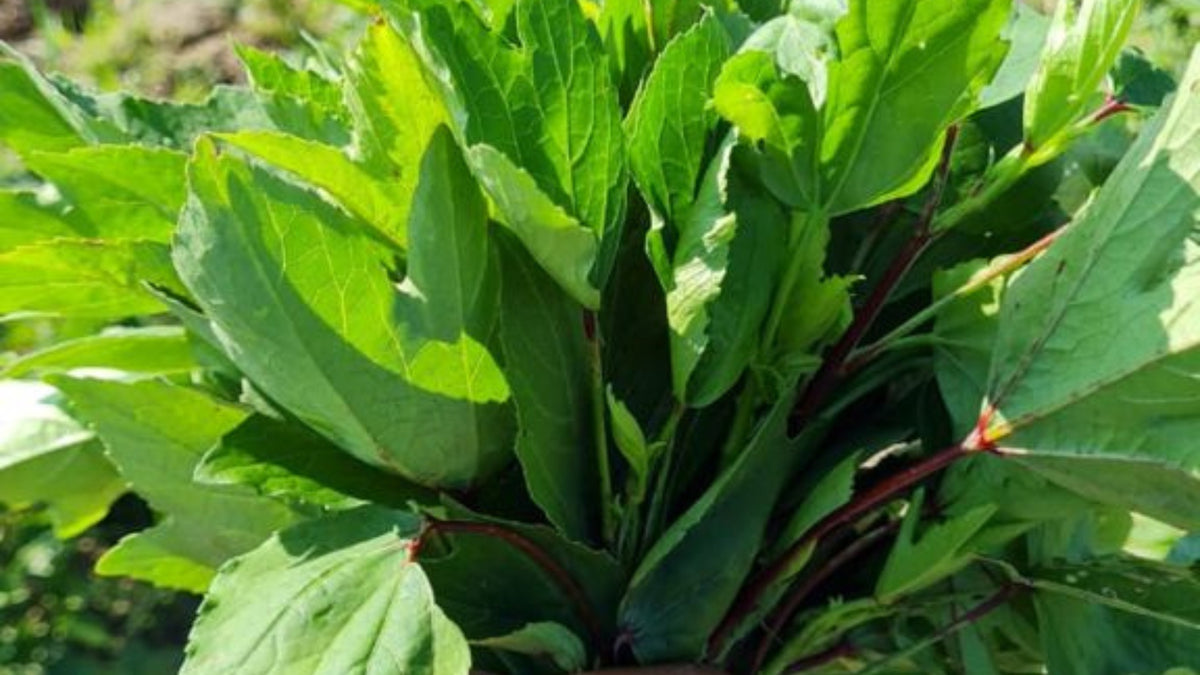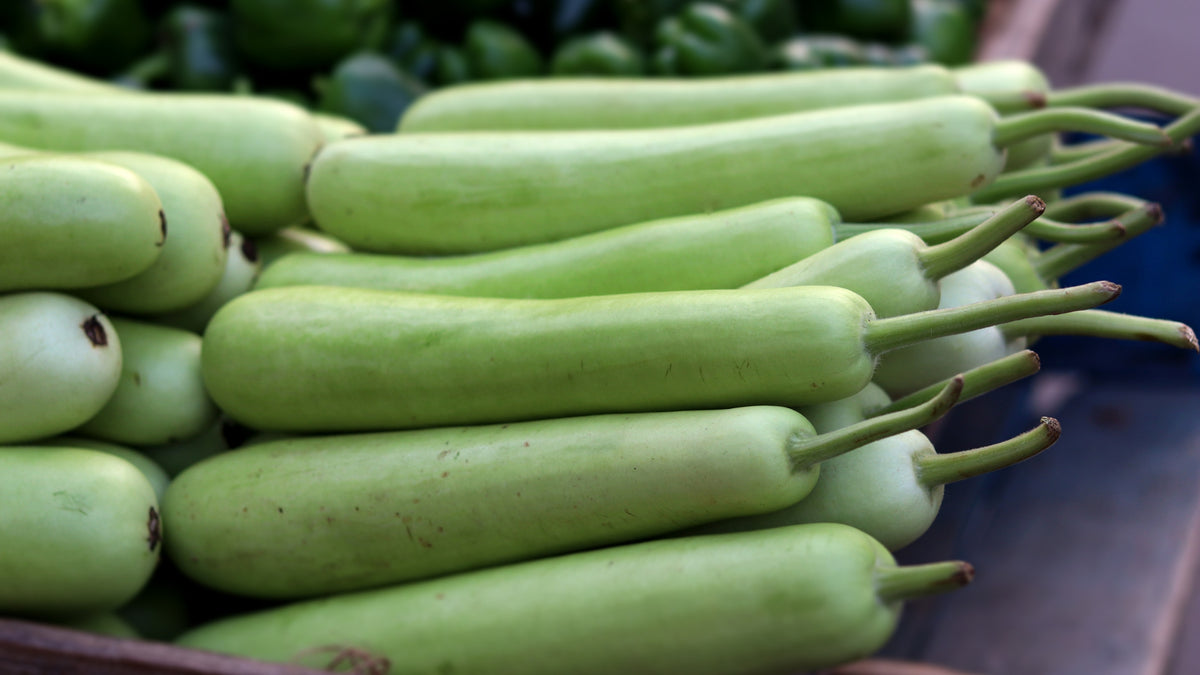
Hemant Ritucharya – Selfcare for Winter Season

Ayurveda is the science of life and contains all the knowledge for living life in its purest form. Ayurveda’s fundamental principles are uniquely based on the interwoven relationship between nature and humans. Ayurveda explains about life, health, preventing disease and rejuvenating from disease.
The main goal of Ayurveda is to maintain the health of a person who is already healthy and to correct any imbalance for those who are unhealthy. This can be achieved by following Dinacharya (personal daily self-care regimen) and Ritucharya (personal seasonal self-care regimen). Each person’s dinacharya and ritucharya is personalized based on their prakriti (constitution), vikriti (imbalanced doshas), bala (strength), and agni (digestive power). By following both dinacharya and ritucharya the natural movement of the doshas is brought into balance and the person can remain free from diseases.
Ayurveda divides the year into two kalas (time periods), adana kala and visarga kala. There are also six seasons within one year, each lasting two months. Adana kala is the time when the sun moves northward and includes three seasons, shishira (extreme winter), vasant (spring) and grishma (summer). Visarga kala is when the sun moves southward and includes three seasons, varsha (rainy), sharad (autumn) and hemant (early winter).
Each one of the six seasons has a natural impact on the three doshas, either by increasing or decreasing each dosha. Doshas that are continually imbalanced create conditions for disease to manifest. This is the reason it is so wise to practice dinacharya and ritucharya. When a proper daily and seasonal regimen is followed the person will naturally balance their doshas and this prevents diseases from manifesting.
Six Seasons of Ayurveda
- Vasant Ritu – Spring Season
- Grishma Ritu – Summer Season
- Varsha Ritu – Rainy Season
- Sharad Ritu – Fall Season
- Hemant Ritu – Winter Season
- Shishira Ritu – Extreme Winter Season
Hemant Ritu is the coldest season and also is the healthiest time of year. During this season both physical strength and digestive strength are very strong. Due to the cold windy weather the digestive power of strong individuals gets trapped within the body and creates an even stronger digestive strength. When this happens, our digestion requires foods that are slightly heavier and greater quantity. If food is not increased it will cause the body tissues to burn and dry leading to the aggravation of vata dosha.
Winter Season Regimen
Ayurveda recommends vata balancing diet and lifestyle during this season. There are three tastes which helps to balance vata dosha, sweet, sour, and salty. Increase sweet vegetables like ash gourd, bottle gourd, and carrots along with honey and jaggery. It is best to have ghee or sesame oil, and grains like red rice or wheat. It is also good to consume flour and milk products.
Due to excess body strength, it is beneficial to keep your body moving by frequently exercising. This will help keep your body warm, it’s good for blood circulation which helps your body run smoothly. Due to the natural aggravation of vata dosha during winter, our skin becomes dry and rough and needs extra nourishment. By following a daily ritual that includes abhyanga (body oil massage), shiro abhyanga (head oil massage), and pada-abhyanga (foot oil massage) vata dosha can be balanced.
The herbal supplement Chyavanaprash is perfect for boosting the immune system during the cold winter months.
Winter Season Herbal Supplements
- Balashwagandha Oil
- Bala Oil
- Ashwagandha Arishtam
- Bala Arishtam
- Eladi Coconut Oil
- Kshirabala Oil
- Lakshadi Oil
- Chyavanaprasham
- Ashwagandha Churnam
- Mahakalyanaka Ghritam
- C-health Granules
If you have any questions about Kottakkal products, please contact julie@kottakkal.shop.
Disclaimer: These statements have not been evaluated by the Food and Drug Administration. Kottakkal Ayurveda products and information are not intended for use in the diagnosis, treatment, cure, or prevention of any disease. If you have serious, acute, or chronic health problems, please consult a trained health professional. If you are seeking the advice of a trained Ayurvedic professional, call (800) 215-9934 or email us at contact@kottakkal.shop. We will provide you with information to consult with Ayurvedic professionals. Always check with your doctor before taking herbs when pregnant or nursing.
Also in Healing with Kottakkal Ayurveda

Food is Medicine - Organic Gongura Leaf
Gongura, often referred to as Indian sorrel, is a leafy green vegetable packed with an array of health benefits. This vibrant green is a treasure trove of essential vitamins, minerals, and antioxidants.

Food Is Medicine - Organic Bottle Gourd

Boosting Energy and Rejuvenation with Narasimha Rasayana
Narasimha Rasayanam is an herbal jam formulated with base ingredients of butter, honey, and milk. This time-tested remedy is believed to promote balance within the body's three doshas, vata, pitta, and kapha and supports a range of health concerns. From supporting physical strength and hair health to promoting rejuvenation and cognitive function, Narasimha Rasayanam offers a multifaceted approach to well-being.


Vaidya Vishwanath
Vaidya Vishwanath grew up in Pune, India which is hub of traditional Ayurvedic gurukul teachings, following the principles of Ayurveda as part of his culture. He has dedicated his career over the past 1 ½ decades to the science of Ayurveda.